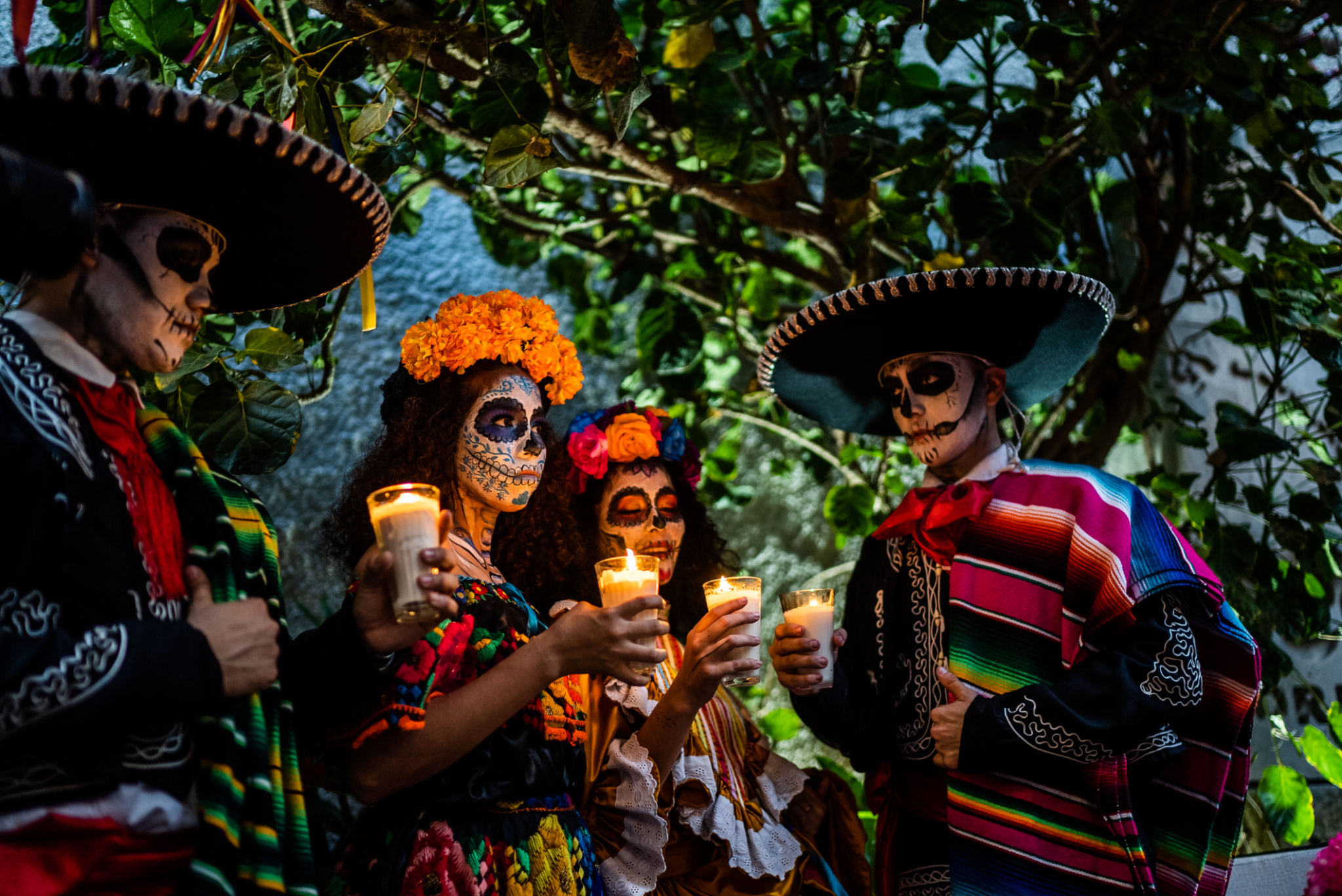The Impact of Fraternal Societies on Cultural Identity and Unity
Understanding Fraternal Societies
Fraternal societies have a rich history that dates back centuries. These organizations are built on the foundation of shared interests, mutual aid, and camaraderie. Often characterized by rituals and traditions, they have played a significant role in shaping cultural identities worldwide.
These societies include groups like the Freemasons, Odd Fellows, and Knights of Columbus, each with its unique customs and values. Their influence extends beyond social gatherings, impacting communities and fostering a sense of belonging among members.

Fostering Cultural Identity
Fraternal societies contribute significantly to the preservation and promotion of cultural identity. By upholding traditions and values, they provide a platform for cultural expression. Members often participate in ceremonies and events that celebrate their heritage, reinforcing their cultural ties.
In multicultural societies, these organizations serve as a bridge between different cultures, allowing members to share and celebrate diverse traditions. This exchange not only enriches individual identities but also strengthens the cultural fabric of the community.

Promoting Unity and Solidarity
One of the core missions of fraternal societies is to promote unity and solidarity among their members. Through shared values and collective goals, these organizations cultivate a strong sense of community. Members support each other in times of need, creating a network of mutual aid that extends beyond the society itself.
This sense of unity is vital in today’s world, where social fragmentation often challenges community cohesion. By bringing people together, fraternal societies help to build bridges and foster understanding among diverse groups.

Impact on Social Welfare
Fraternal societies are often involved in charitable activities and community service. Their commitment to social welfare is evident in various initiatives, from fundraising for local causes to volunteering in community projects. This active participation not only benefits society but also enhances the reputation and influence of the organization.
- Supporting education through scholarships
- Organizing blood donation drives
- Providing disaster relief assistance
These efforts underscore the positive impact of fraternal societies on both cultural identity and societal wellbeing.

Challenges and Opportunities
Despite their contributions, fraternal societies face challenges in the modern era. Membership decline and changing societal values pose significant threats. However, these challenges also present opportunities for adaptation and growth.
By embracing inclusivity and modern communication tools, fraternal societies can attract a new generation of members. This evolution is essential for sustaining their cultural and social influence in an ever-changing world.
